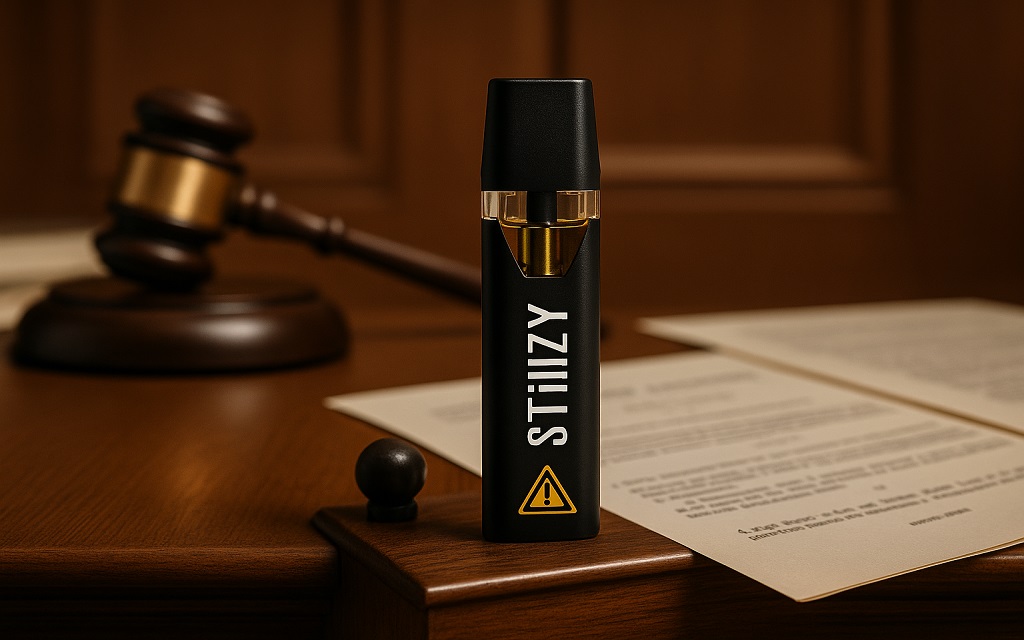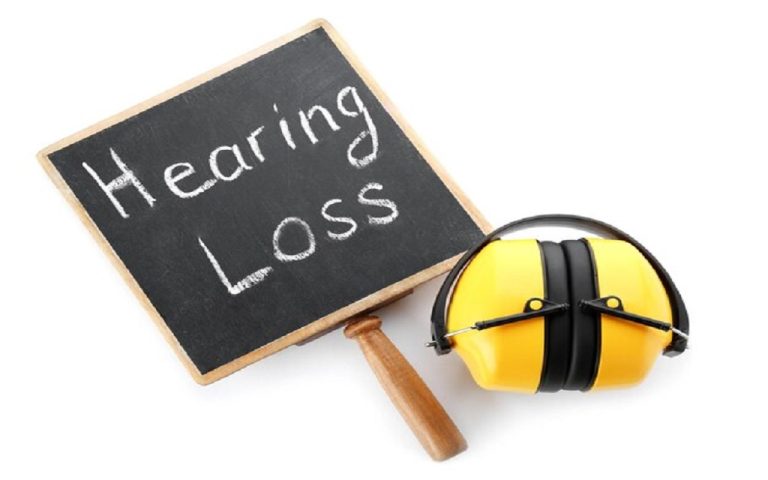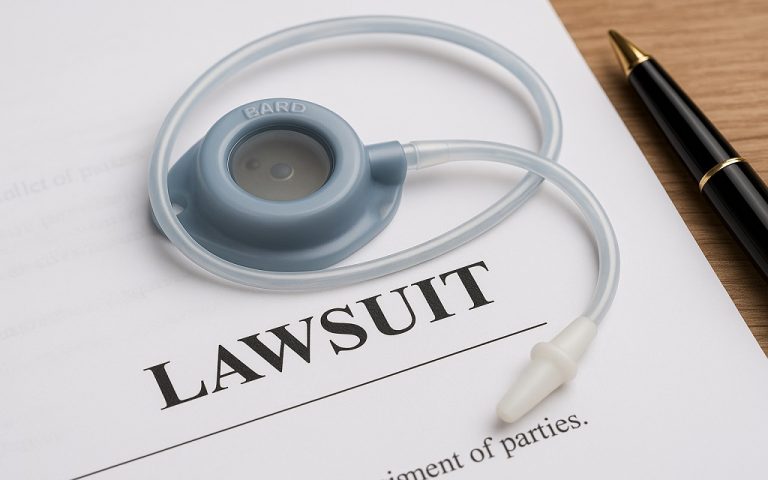You may wonder why so many people are suing STIIIZY. It is essential to know that recent lawsuits claim the company’s vape products triggered psychosis in young users. You should learn what legal experts, doctors, and affected families have to say. In this article, we’ll explain everything you need to know about the STIIIZY lawsuit before it’s too late.
What Is the STIIIZY Lawsuit?
You may have heard about litigation brought against STIIIZY. Understanding what led to legal action against one of the most well-known cannabis vape brands in the United States is crucial.
Several plaintiffs accuse STIIIZY of causing severe mental health damage. Psychosis brought on by cannabis is the most frequent complaint. After using high-THC vape goods, some users report experiencing hallucinations and delusions. Teenagers as young as 15 are among the impacted users.
You should understand why these claims matter. High-potency THC products pose serious health risks. Federal and state laws restrict THC content in cannabis goods. STIIIZY products allegedly exceeded those legal limits. Lawyers argue that users were not warned clearly.
According to Sokolove Law, the issue centers on three key claims:
- Failure to warn consumers about mental health risks
- Misrepresentation of THC content in vape cartridges
- Marketing directed at minors and underage users
Each of these claims could result in significant legal consequences. You should stay informed if you or a loved one used STIIIZY and experienced side effects.
How Did STIIIZY Products Allegedly Harm Users?
You may wonder what evidence supports the lawsuits. Several cases involve teenagers. Each case describes symptoms like delusions, paranoia, and disorganized behavior.
It is essential to know that one teenager began using STIIIZY at 15. After months of use, the teen experienced a psychotic break. Doctors diagnosed cannabis-induced psychosis. The teen now receives ongoing treatment.
Another report describes a 16-year-old who tried to board a plane while experiencing delusions. Emergency services intervened. Doctors again confirmed a diagnosis of cannabis-induced psychosis.
According to California public health data, ER visits linked to cannabis psychosis rose by over 50% from 2016 to 2019. Many cases involved youth. The rise coincides with the surge in high-THC vape products.
Legal experts highlight the risk from mislabeled THC percentages. STIIIZY products sold as hemp may have crossed the 0.3% THC legal limit. That violates the U.S. Farm Bill and California law.
You should check product labels carefully. Some cannabis products claim to be legal but contain more THC than allowed.
Why Do Legal Experts Say STIIIZY Targeted Young Users?
You should be aware of the role marketing plays in product liability claims. Plaintiffs argue that STIIIZY used branding and packaging that appealed to underage users.
Bright colors. Candy-like flavors. Social media influencers. These tactics often attract teenagers. Experts say that such marketing resembles how tobacco companies once promoted flavored products.
It is essential to know that laws restrict cannabis marketing to adults. STIIIZY’s approach may violate state advertising codes. Several lawsuits claim the company designed its image to draw young customers. That could lead to increased liability.
According to data from public health departments, over 20% of high school students in legalized states report trying cannabis vapes. This trend concerns parents, doctors, and lawmakers alike.
You should ask how packaging influences your purchase. Labels and names matter. Products that resemble candy can mislead users, especially teenagers, into underestimating the health risks.
What Do Federal and State Laws Say About THC Limits?
You should be aware of the legal limits established by U.S. and state laws. The 2018 Farm Bill allows hemp products if the THC content remains under 0.3%.
STIIIZY markets some products as hemp-derived. Lab tests cited in lawsuits claim THC levels far exceed the limit—some cartridges tested above 80% THC.
State laws in California and others also limit THC content in consumer goods. Products sold without warnings or accurate labels can violate both federal and state laws.
It is crucial to understand that not meeting THC limitations might be considered product fraud or mislabeling. If customers are misled by statements, the Food and Drug Administration (FDA) may also step in.
You should stay aware of current regulations. Many consumers trust product labels. Inaccurate information creates health risks and opens the door to lawsuits.
How does Medical Evidence back Mental Health Claims?
You may ask how psychosis links to cannabis use. Doctors define cannabis-induced psychosis (CIP) as a mental condition that causes delusions and hallucinations after THC exposure.
Research shows a clear link between high-THC use and psychosis. Studies from 2019 published in The Lancet Psychiatry found that daily cannabis use triples psychosis risk. High-potency products push the risk higher.
Many lawsuits include hospital reports and psychiatric evaluations. These documents confirm diagnoses of CIP after STIIIZY product use. Plaintiffs also report repeated hospital visits and long-term care needs.
You should take these signs seriously. The effects are not limited to one-time use. Some teens suffer lasting mental health issues.
According to data from California emergency rooms, over 1,700 visits in one year involved teens with cannabis-related psychosis symptoms.
What Legal Precedents Could Influence STIIIZY Cases?
You should be aware of how courts have handled similar cases in the past. Product liability lawsuits often follow key patterns. Courts examine warning labels, marketing intent, and user demographics.
In past cases, judges ruled against companies that misled consumers about health risks. Due to youth-targeted marketing, the tobacco industry was forced to pay billions in settlements. JUUL and other e-cigarette manufacturers have also been sued for making false safety claims and encouraging teen use.
It is important to remember that STIIIZY may be held accountable by the courts if its products were devoid of warnings or falsely advertised their THC content. Prior decisions demonstrate that severe fines are frequently imposed for failing to protect the public’s health.
You should monitor how courts assess expert medical testimony. To establish culpability, judges frequently consult toxicological studies, consumer behaviour statistics, and mental examinations.
What Potential Effects on the Cannabis Industry Could the STIIIZY Lawsuit Have?
You should anticipate that the whole cannabis industry will be affected. If STIIIZY is held legally responsible, other brands could be subject to additional rules or enquiries.
It is essential to know that lawsuits often lead to reform. After tobacco settlements, warning labels became mandatory. After JUUL lawsuits, vape sales to minors fell under tighter control.
A successful lawsuit against STIIIZY could push lawmakers to tighten THC regulations. New labeling rules. Stricter marketing oversight. Higher testing standards. Each may become law if public pressure grows.
You should understand that public trust matters. Consumers demand transparency. Any product that hides risks or targets teens will face backlash.
Industry groups may respond by promoting ethical standards. Brands that comply early may gain a competitive advantage. Those who resist change may lose customer loyalty and legal protection.
What Should You Do If You Used STIIIZY and Got Sick?
You should act fast if you experience mental health issues after using STIIIZY products. Speak with a lawyer who handles cannabis injury claims. Legal deadlines apply. Missing them can void your case.
It is essential to understand what evidence supports your claim. Keep records. Medical reports. Hospital bills. Product receipts. Packaging photos. All support your case.
You should also gather witness statements. Family and friends who saw your symptoms may help prove product harm.
Law firms that handle product liability cases often work on a contingency basis. That means you pay nothing unless they win your case. You should ask upfront about terms before moving forward.
What Final Steps Can Help You Stay Safe?
You should stay cautious when using any cannabis product. Check lab results. Review brand history. Avoid products that lack ingredient transparency.
It is essential to know that trusted products list THC levels, lab certifications, and health warnings. STIIIZY lawsuit highlights the risks of relying solely on packaging.
You should share this information with others. Parents. Teachers. Healthcare providers. Teen cannabis use is rising. Awareness prevents harm.
Legal cases will continue. New rules may follow. Until then, stay informed and act based on facts.




